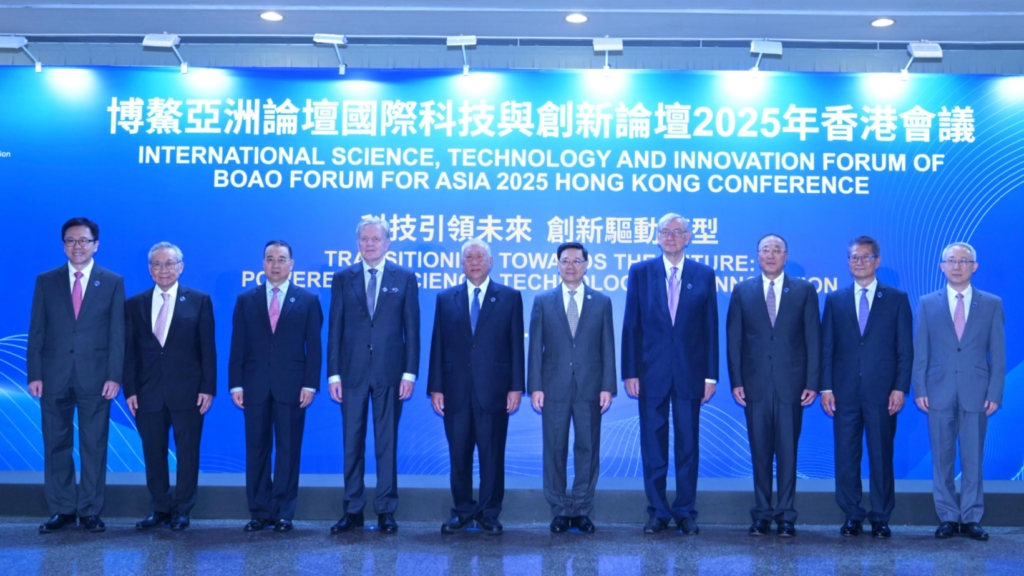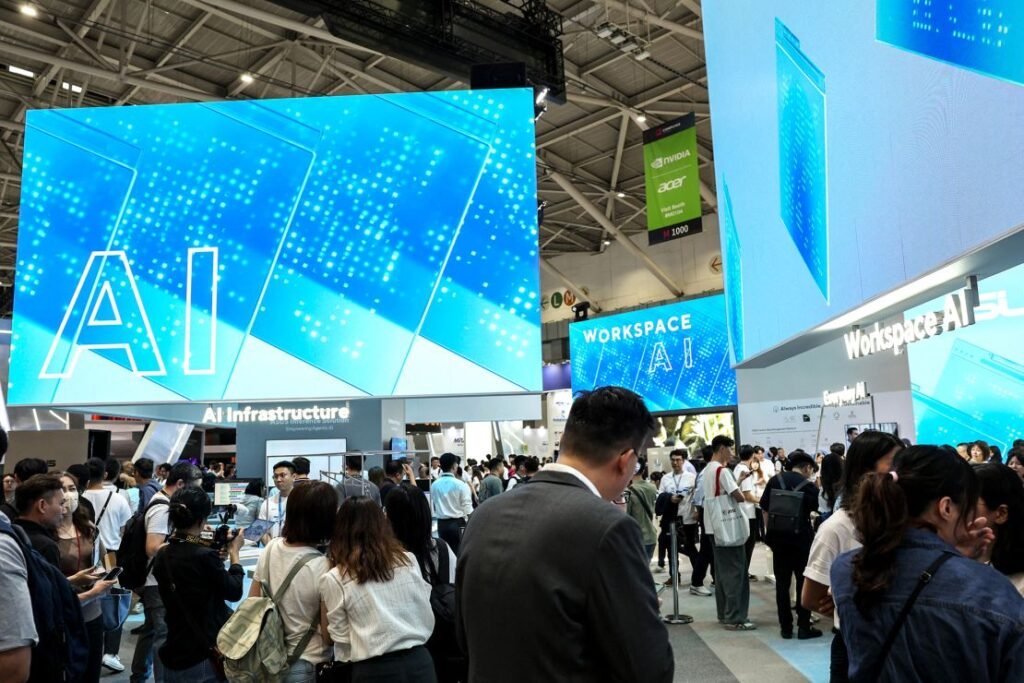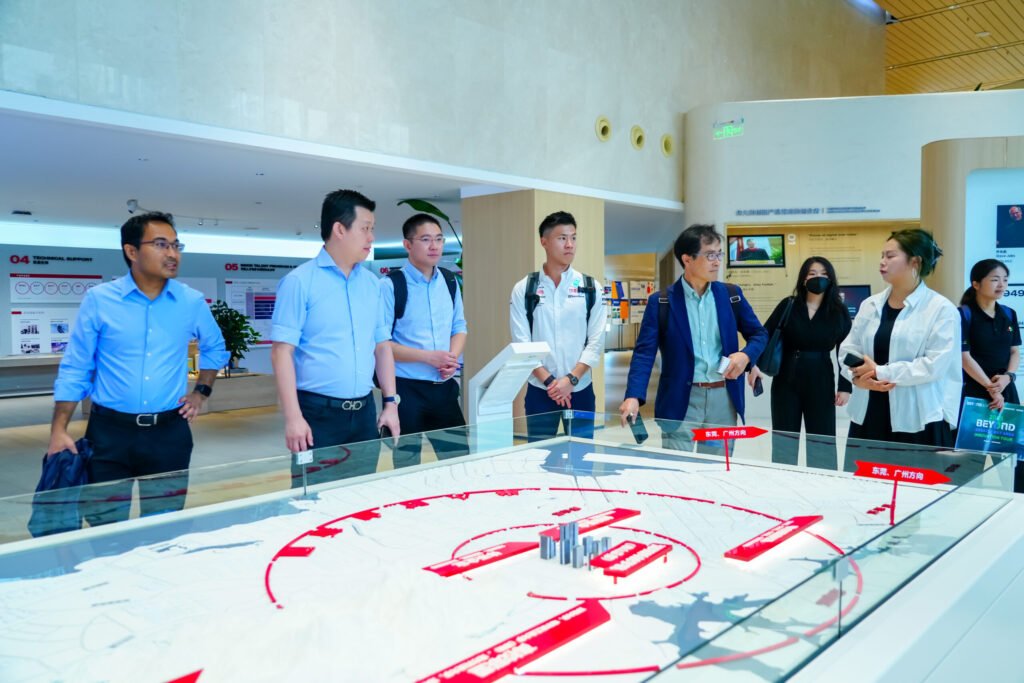President Donald Trump spoke with his Chinese counterpart, Xi Jinping, on Thursday amid the ongoing tariff row between the two nations. This phone call marked the first direct interaction between the two leaders since Trump’s ‘Liberation Day’ tariff announcement.

The phone call came a day after Trump stated on Truth Social that he has “always liked” the Chinese president, adding that Jinping is “extremely hard to make a deal with.”
“I like President XI of China, always have, and always will, but he is VERY TOUGH, AND EXTREMELY HARD TO MAKE A DEAL WITH!!!,” Trump posted on Wednesday on his social media site, Truth Social.
Chinese state media have also confirmed the phone call between Trump and Xi. As per a report by Xinhua, the Chinese foreign ministry stated that the conversation took place at the White House’s request. No other information has been made public regarding the conversation.
US-China tariff row
The United States and China have been locked in a series of trade negotiations after Trump announced he would be hiking the tariff rates for China to 145 per cent.
China, in a tit-for-tat move, also announced high tariffs on US goods, taking the total percentage to 125 per cent.
However, in May, delegations from the two countries struck a deal in Geneva which lowered US tariffs on goods from China from 145 per cent to 30 per cent. In exchange, China dropped its tariffs on US goods from 125 per cent to 10 per cent.
But since this development, trade negotiations have stalled. Earlier this week, the Chinese Commerce Ministry stated that the US had violated their recent trade deal by taking “multiple discriminatory restrictive measures against China.”
These measures included the recent AI chip export controls, halt of sales of chip design software to China and the revoking of visas of Chinese students in the US.
“Instead of reflecting on its own actions, the United States has groundlessly accused China of violating the consensus, a claim that grossly distorts the facts. China firmly rejects these unjustified accusations,” a spokesperson from the commerce ministry was quoted as saying by Xinhua.
(With inputs from AP)








